Proposed education reforms that could lead to the closure of more than 1,500 schools across Sri Lanka have triggered strong opposition from teachers’ and principals’ trade unions, who claim the move is being pushed under pressure from the International Monetary Fund (IMF).
According to the Teachers and Principals Trade Union Alliance, a total of 1,508 schools, including eight in President Anura Kumara Dissanayake’s home province of North Central, have been earmarked for closure.
The targeted schools reportedly have fewer than 50 students each, as part of a government plan to rationalise educational resources, said Ceylon Teachers’ Union (CTU) President Priyantha Fernando.
Trade unions have also denounced the government’s decision to extend school hours by 30 minutes starting in 2026, under which classes for students from Grade 7 and above would continue until 2:00 p.m.
They have warned of a nationwide strike in the coming weeks if the government fails to reverse both measures.
At a recent CTU conference in Anuradhapura, union representatives accused the Ministry of Education of pursuing “unresearched and arbitrary” reforms.
Joseph Stalin, General Secretary of the CTU, said extending school hours “does not address the real problems in our education system.”
He also alleged that key officials at the National Education Institute lacked the necessary qualifications to lead core academic divisions, and that the current reform package echoed earlier proposals made during the Gotabaya Rajapaksa administration.
TUs have given the government a 7 November deadline to withdraw or amend the decisions.
If not, they plan to launch a one-day strike at the start of the new school term in December, followed by larger, coordinated trade union action early next year.
Defending the reforms, Education Secretary Nalaka Kaluwewa said they were crucial to modernising Sri Lanka’s education system. “We have consulted all major stakeholders, and the time adjustment is a necessary part of the new module-based and credit-based learning system,” he said.
Prime Minister and Education Minister Dr. Harini Amarasuriya also clarified that there was “no plan to close down schools.”
However, teachers’ unions remain unconvinced. “If the government continues to ignore our concerns, we will unite all teachers and principals for a massive countrywide strike,” Stalin warned.
All major education sector unions, except those affiliated with the JVP, have now joined forces to oppose the government’s proposed education reforms.
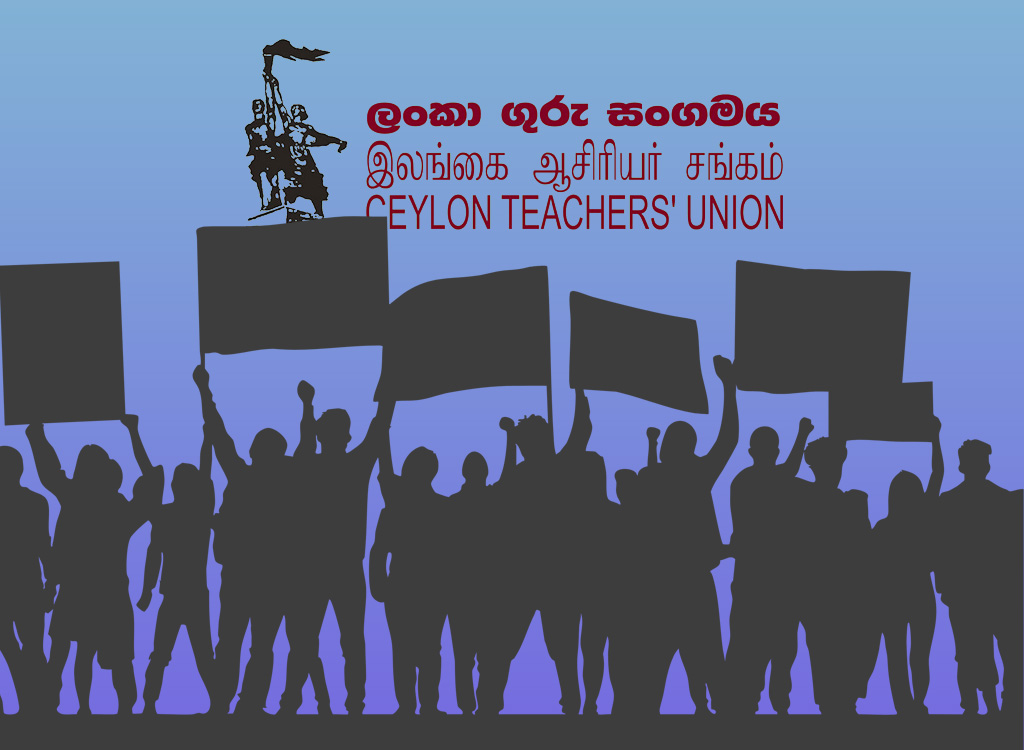
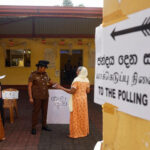
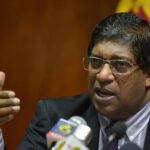
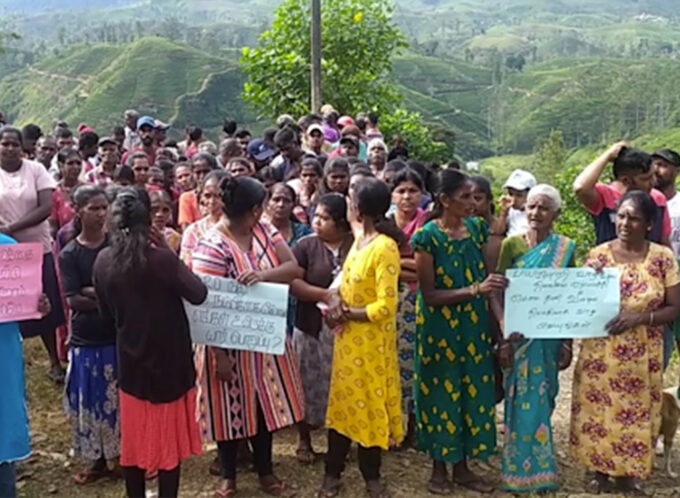
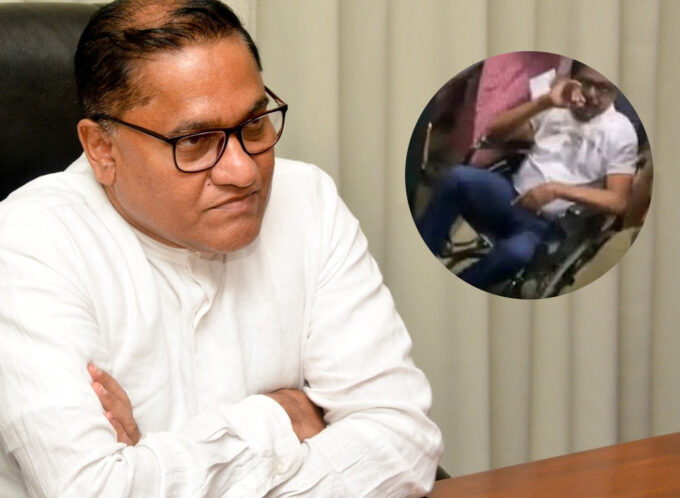
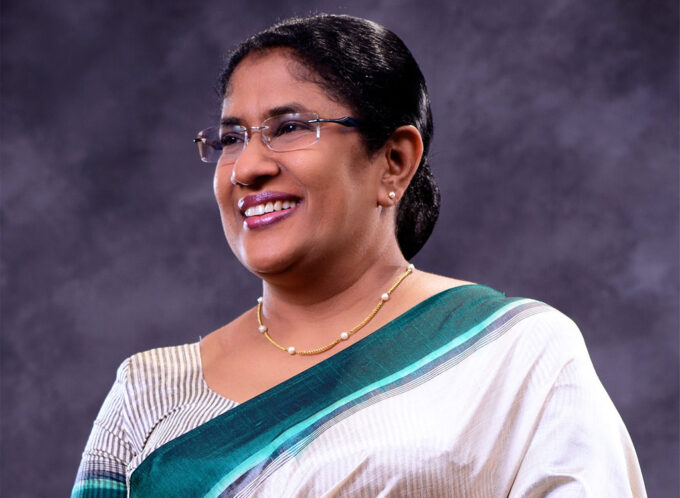
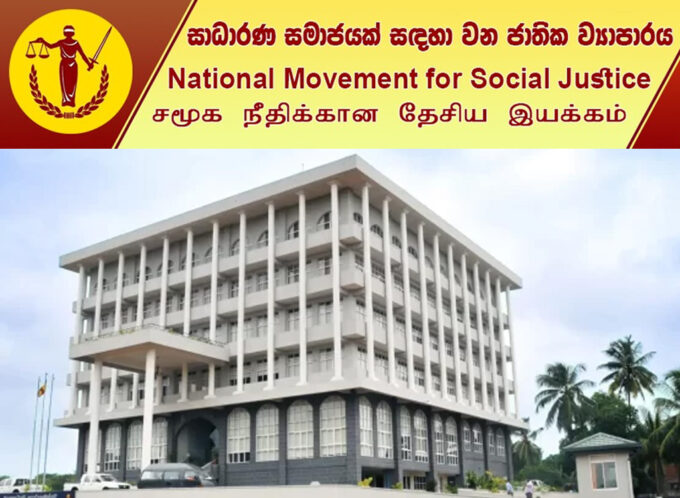




Leave a comment